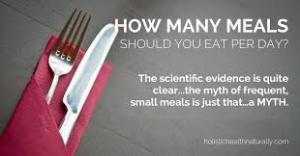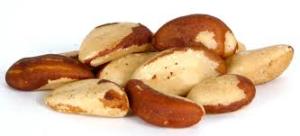Curcumin extract is an ancient Asian medicine that’s becoming an integrative medicine star.
As Indians, we use haldi in our cooking liberally and consistently. So is that enough? Unfortunately, no. What we need is the extract, curcumin.
Lets see what curcumin does..
Functions of Curcumin
• Powerful antioxidant
• Suppresses inflammation
• Regulates immune function
• Modulates pain
• Supports organ function
• Promotes regeneration
• Alters gene transcription
• Repairs mitochondrial damage
• Prevents carcinogenesis
Benefits of Curcumin
• Improves liver function and lowers liver inflammation markers
• Improves skin health and reduces wrinkles
• Improves blood flow in the heart
• Lowers blood pressure
• Improves exercise tolerance and reduces recovery time
• Inhibits tumor growth
• Delays onset of Alzheimer’s disease and improves neurocognitive function
The Best Way To Take Curcumin
So we can’t just take it as turmeric powder. But also it doesn’t mean we stop using turmeric powder!
Taking the dried root as a tea or as powder in a capsule is not effective. Because curcumin doesn’t absorb well, it’s combined with vegetable gums or essential oils, or using nanotechnology to make it more bioavailable.
Thousands of research papers have been published about curcumin. In 2014 alone, there are more than two hundred published studies. This volume of research shows there is considerable interest in the humble turmeric plant’s abilities as a medicine for humans.
Stay Healthy!
















